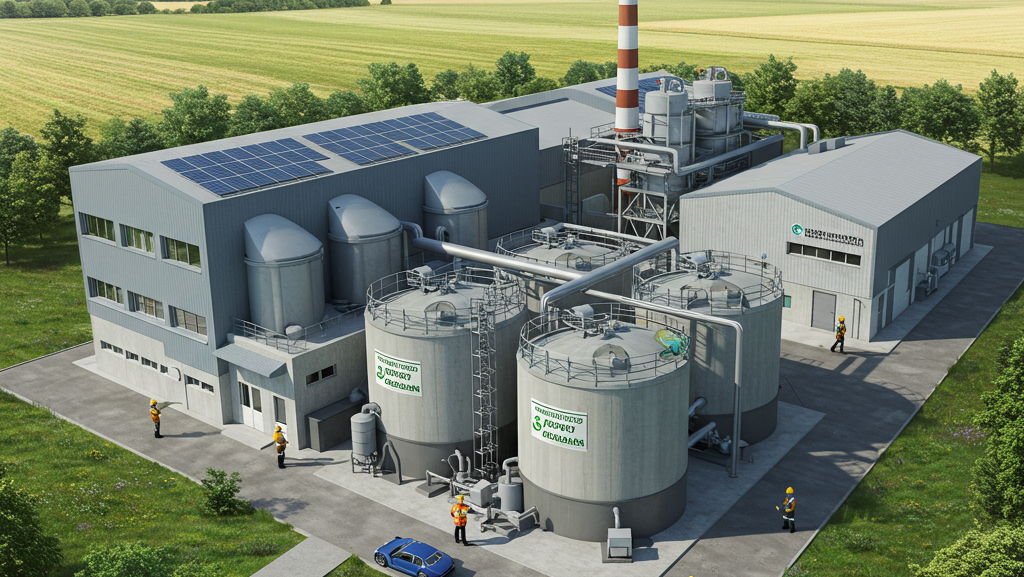Understanding Livestock Nutritional Needs
Providing optimal nutrition for livestock is crucial for their health, productivity, and overall wellbeing. Livestock nutrition encompasses the proper balance of essential nutrients including proteins, carbohydrates, fats, vitamins, and minerals. Understanding the specific nutritional requirements of different species is vital as it directly affects growth rates, milk production, and reproductive performance.
Developing Effective Feeding Strategies
Feeding strategies should be tailored to meet the needs of various livestock species, whether they are cattle, sheep, goats, or poultry. Factors such as age, weight, and purpose of the animal (meat, milk, or work) play a significant role in determining the appropriate feed formulation. Utilizing forage-based diets that include hay and pasture can enhance digestive efficiency in ruminants, while ensuring that energy and protein levels are met is essential for non-ruminant species.
Monitoring and Adjusting Livestock Diets
Regular monitoring of livestock diets and health is important to ensure that feeding strategies are effective. Adapting rations based on performance metrics and seasonal changes can also optimize nutrition. Implementing rotational grazing can improve pasture quality and enhance access to nutrients. Additionally, it’s important to consult with a livestock nutritionist to ensure that feeding practices meet the evolving needs of the herd.





